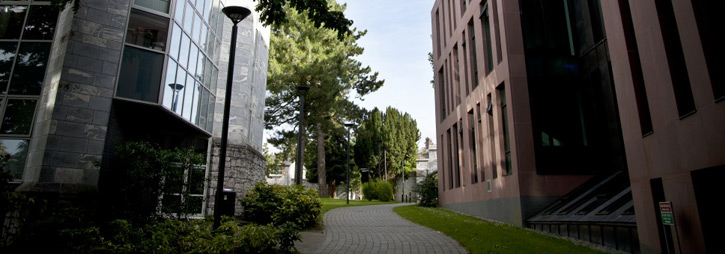- Home
- Governing Authority
- Membership of Governing Authority
- Committees of Governing Authority
- Academic Promotion Appeals Board
- Audit & Risk Committee
- Disciplinary Appeals Committee
- Dispute Resolution Committee
- Finance Oversight Planning and Resource Allocation Committee
- People, Culture, Equality, Diversity and Inclusion Committee
- Physical Assets Committee
- Procurement and Purchasing Subcommittee
- Nominations Committee
- Schedule of Meetings of Governing Authority
- Reports to Staff of Governing Body Meetings
- Due Dates for Meeting Documentation
- Regulation on Conduct of Governing Authority Business
- Decisions reserved to Governing Authority
- Code of Conduct for Governing Authority Members
- Student Experience and Success Committee
- University Governance
- Statutes & Regulations
- Legal Affairs
- Insurance
- Policies
- Information Compliance
- Data Protection
- Copyright
- Official Languages Act
- Ethics in Public Office
- Access to Information on the Environment
- Freedom of Information
- Freedom of Information in UCC
- How to Make an FOI Request
- Application Forms
- Legislation
- Routine Access to Records Policy
- FAQs on FOI for UCC Staff
- Useful Links
- Contact Information
- FOI Publication Scheme
- General Information about UCC
- Information on Services Provided to the Public
- Information on Decision Making Processes
- Financial Information
- Procurement Information
- FOI Disclosure Log
- University Archives and Records Management
- Health & Safety
- Risk, Emergency and Business Continuity Management
- University Companies
- Contact Us
University History

College History and Title
Queen's College, Cork was founded under the provisions of “An Act to enable Her Majesty to endow new Colleges for the Advancement of Learning in Ireland”. Under the powers given by this Act the three Colleges of Belfast, Cork and Galway were incorporated on the 30th day of December, 1845.
The statutes were drawn up, and the system of education to be pursued in them was arranged, by a board called the Board of Queen's Colleges, consisting of the Presidents and Vice-Presidents of the three colleges. The professors were appointed on 4th August, 1849, and on 30th October of the same year the colleges were opened for the reception of students.
The Queen's University in Ireland was founded in 1850, and its Charter provided that the Senate should have power to confer upon the students of the Queen's Colleges of Belfast, Cork and Galway such degrees and distinctions in the Faculties of Arts, Law and Physics as are granted and conferred in other colleges and universities of Great Britain and Ireland.
The Charter further ordained that any of the students of the three Queen's Colleges who should have obtained such degrees in any of the several Faculties of Arts, Medicine and Law, as should be conferred by the Chancellor and Senate of the Queen's University, should be fully possessed of all such rights, privileges and immunities, as belong to similar degrees granted by other universities or colleges.
The University Education (Ireland) Act, 1879, provided for the formation of a new University in Ireland, afterwards in its Charter styled the Royal University of Ireland, and for the dissolution of the Queen's University within two years from the date of the Charter of the Royal University. In this Act it was provided that the professors, graduates and matriculated students of the Queen's University, at the period of its dissolution, should become professors, graduates and matriculated students of the Royal University.
The Charter of the Royal University was granted on 27th April, 1880, and the Queen's University was dissolved on 3rd February, 1882.
Under the Irish Universities Act, 1908, two new Universities - the National University of Ireland and the Queen's University Belfast – were established, and on 31st October, 1909, the Royal University was dissolved. The 1908 Act provided that graduates and matriculated students of the Royal University should become graduates and matriculated students of one of the two new universities.
